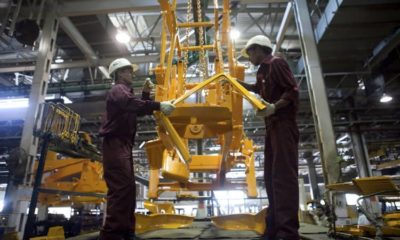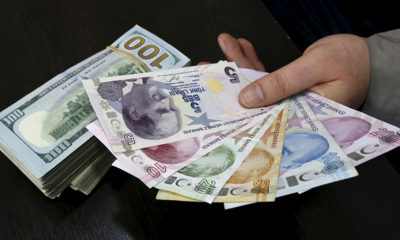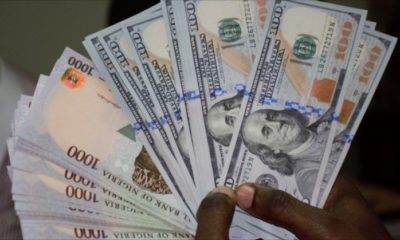The total value of capital importation into Nigeria in the fourth quarter of 2021 stood at $2.19bn, an increase of 26.35 percent from $1.73bn recorded in Q3 of the same year.
The National Bureau of Statistics (NBS) disclosed this in a recent report titled ‘Nigerian capital importation Q4’.
However, Foreign Direct Investment (FDI) into the country fell by $331.2m to $698.78m in 2021, from the total sum of $1.03bn recorded in 2020.
In the first, second, third and fourth quarters of 2021, Nigeria recorded $154.6m, $77.97m, $107.81m and $358.23m respectively in FDIs.
Also, portfolio investment in the country fell by $1.75m to $3.39bn in 2021 from $5.14bn recorded in 2020.
“Other Investments’ fell by $890m from $3.51tn in 2020 to $2.62tn in 2021.
“The total value of capital importation into Nigeria in the fourth quarter of 2021 stood at $2.19bn from $1.73bn in the preceding quarter, indicating an increase of 26.35 percent.
“When compared to the corresponding quarter of 2020, capital importation increased by 109.28 percent from $1.05bn.
“The largest amount of capital importation by type was received through other investment, which accounted for 54.24% ($1.18 billion). This was followed by Portfolio Investment with 29.39% ($642.87 million) and Foreign Direct Investment (FDI) amounted to 16.38% ($358.23 million) of total capital imported in Q4 2021”, the report notes.
Meanwhile, Mauritius was ranked the top source of capital imported into Nigeria in Q4 2021, with a value of $611.45m, accounting for 27.95 percent.
Following behind, is the United States of America and the Republic of South Africa with capital imports valued at $321.03m (14.67 percent) and $285.83m (13.07 percent), respectively.
By destination of investment, Lagos State remained the top destination in Q4 2021 with $1.98bn, accounting for 90.66 percent of the total capital investment in Nigeria.
This was followed by investment into Abuja valued at $170.55m (7.80 percent).
Investors King gathered that Eco Bank Plc was ranked the highest in categorisation of total capital investment by Bank in Q4 2021 with $708.58m (32.39 per cent).
This was followed by Stanbic IBTC Bank with $453.82m (20.74 per cent) and Union Bank of Nigeria Plc with $284.60m (13.01 per cent).
Under categorisation by sectors, the report added that capital importation into tanning had the highest inflow of $645.59 million, amounting to 29.51% of total capital imported in the fourth quarter of 2021. This was followed by capital imported into the Production sector, valued at $360.06 million (16.46%) and the Electricals sector with $325.55 million (14.88%).

 Forex3 weeks ago
Forex3 weeks ago


 Naira2 weeks ago
Naira2 weeks ago
 Billionaire Watch2 weeks ago
Billionaire Watch2 weeks ago




 Naira2 weeks ago
Naira2 weeks ago




 Naira2 weeks ago
Naira2 weeks ago




 Naira1 week ago
Naira1 week ago




 Naira4 weeks ago
Naira4 weeks ago




 Naira3 weeks ago
Naira3 weeks ago




















